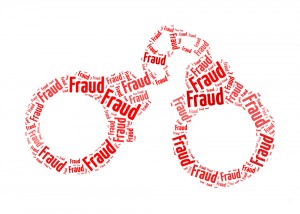
According to the SEC, in order to effectuate the fraud in some cases Bahgat had his assistant pose as his clients on telephone calls with the brokerage firms in order to obtain bill paying privileges. The SEC alleged that Bahgat’s scheme continued until September 2016 when he then fled the U.S. for Egypt. The Financial Industry Regulatory Authority (FINRA) also barred Bahgat from the securities industry after he failed to respond to a request for information in January. The FINRA investigation involved a different questionable practice – whether Bahgat made misrepresentations in the sale of a variable annuity.
Bahgat entered the securities industry in 1986. From October 2010 until August 2015, Bahgat was associated with Cambridge. From July 2015 until October 2016, Bahgat was registered with Gradient.
Brokerage firms are responsible for implementing supervisory procedures to review and approve fund transfers and wires to ensure that funds are not being used for wrongful purposes or being converted.
Investors who have suffered losses may be able recover their losses through securities arbitration. The attorneys at Gana Weinstein LLP are experienced in representing investors in cases where brokers and other individuals have misappropriated client funds and brokerage firms failure to supervise their representatives. Our consultations are free of charge and the firm is only compensated if you recover.
